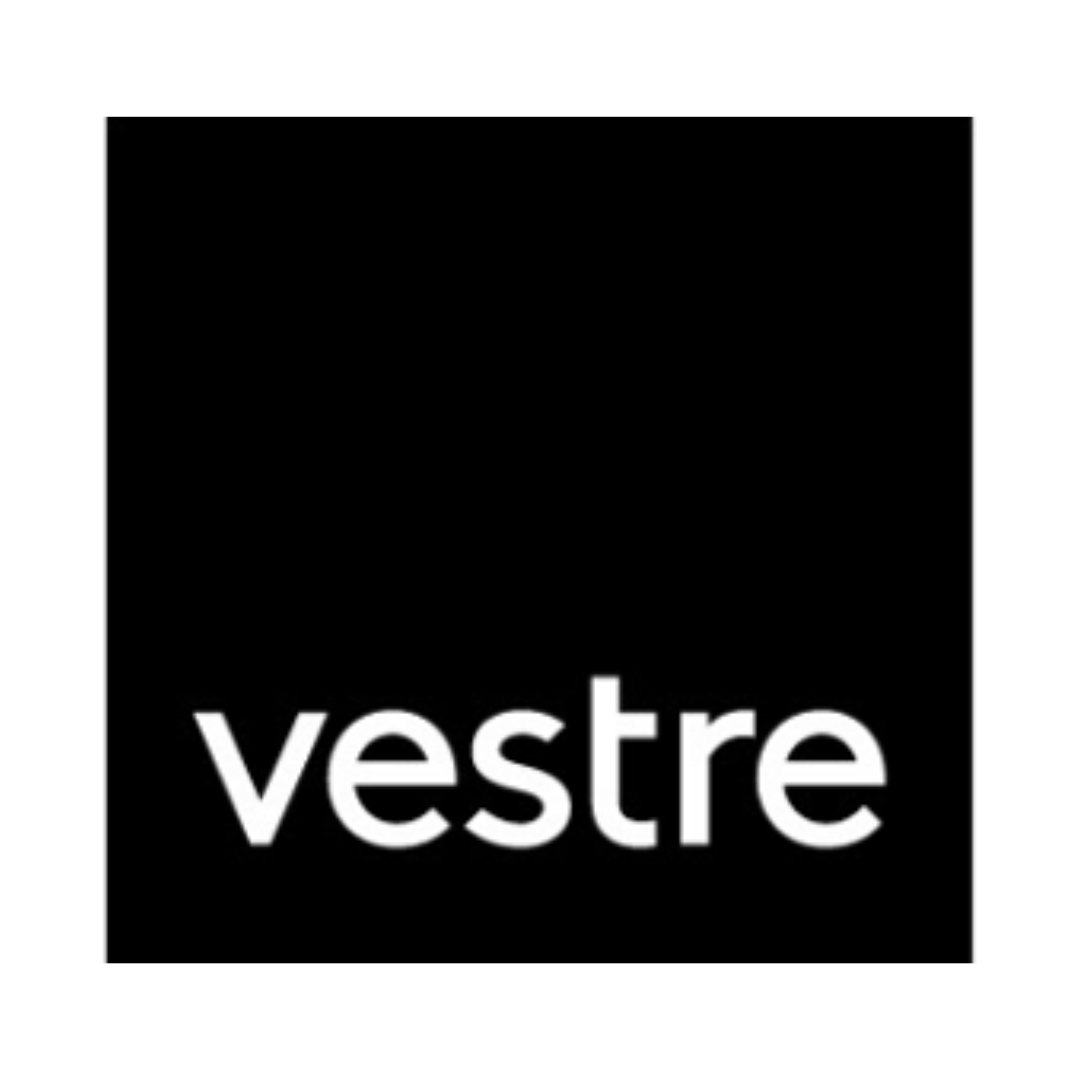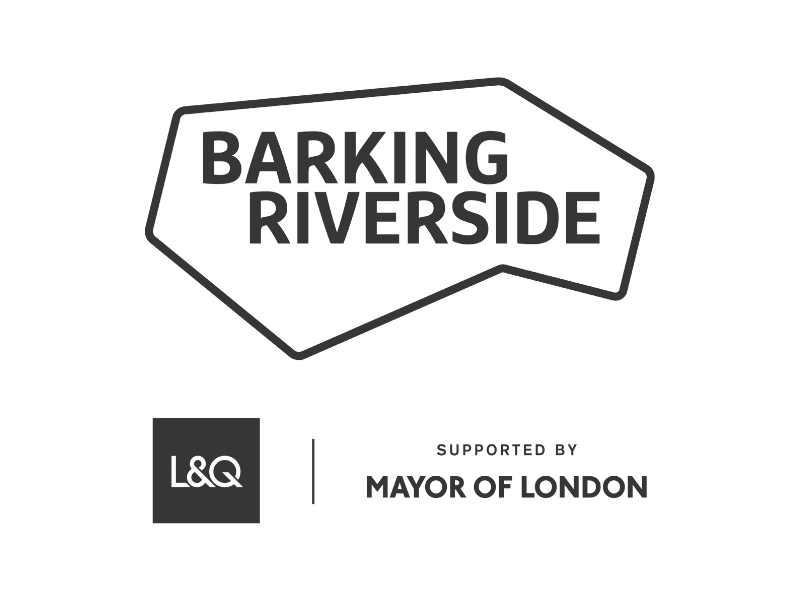Project showcase
Mayfield

Based on its philosophy of ‘worthwhile’ rather than meanwhile use, U+I has turned Mayfield into the city’s most spectacular new cultural venue. The site’s vast depot has been refurbished into a 10,000-capacity performance, community and studio space (Depot Mayfield), its railway arches became the home of a weekly independent street food market, and vacant warehouse space has been used to create the UK’s largest indoor mountain bike track (Dirt Factory).From recitals to raves, BMX-riding to book launches, U+I has ensured Mayfield has welcomed a democratic and distinctive programme of events.
Depot Mayfield made its debut in 2017 as a performance location for the renowned Manchester International Festival (MIF), before becoming the home of Manchester Pride Live, hosting 38,000 people and acts including Ariana Grande over a bank holiday weekend. In 2019, it established a partnership with Broadwick Live. Cementing Mayfield’s status as the new epicentre of live events, the partners signed a deal to make Mayfield the home of The Warehouse Project (WHP), which has taken on cult status among fans of electronic music across the UK over the last decade. Its first season took place in autumn 2019, attracting an incredible 225,000 people to see acts including Aphex Twin, Fatboy Slim and original Hacienda DJs, Graham Parks and Mike Pickering.
Describe the context and brief for this place?
How do you make a city reconnect with a forgotten district that’s been derelict for 30 years? This was the challenge facing U+I as development manager for the Mayfield Partnership – the public-private collective taking on the £1.4bn regeneration of Manchester’s 24-acre Mayfield district. For most developers the answer wouldn’t include holding 10,000- capacity raves, but U+I’s bold approach to meanwhile activation has resulted in a step change in Mancunians’ connection with the dormant Mayfield district, long before spades hit the ground.
Adjacent to Manchester Piccadilly train station, Mayfield has a rich history as the heartbeat of the textiles industry and later a station and postal depot.
But since the depot’s closure in 1987, this historically productive district has been unfrequented, attracting crime and negative associations. The Partnership’s 15- year masterplan will deliver 1,500 homes, 1.6m sq ft of world class workspace and retail, leisure and hotel space, all centred around the first new public park in the city centre for 100 years. But with such a long term project, U+I was eager to begin regenerating and reconnecting Mayfield with its people while the planning process was taking place.
Passionately believing that retaining Mayfield’s historic buildings would contribute to a new sense of place, identify and community, it dusted off the site’s vast depot and found a jewel. It’s innovative approach has made the depot the centrepiece of a wider worthwhile strategy which has fast tracked Mayfield’s return to social and economic productivity, while adding something defiantly Mancunian to the cultural landscape.
How has this project or intervention contributed to the urban life or user experience of this place?
Based on its philosophy of ‘worthwhile’ rather than meanwhile use, U+I has turned Mayfield into the city’s most spectacular new cultural venue. The site’s vast depot has been refurbished into a 10,000- capacity performance, community and studio space (Depot Mayfield), its railway arches became the home of a weekly independent street food market, and vacant warehouse space has been used to create the UK’s largest indoor mountain bike track (Dirt Factory).
From recitals to raves, BMX-riding to book launches, U+I has ensured Mayfield has welcomed a democratic and distinctive programme of events. Depot Mayfield made its debut in 2017 as a performance location for the renowned Manchester International Festival (MIF), before becoming the home of Manchester Pride Live, hosting 38,000 people and acts including Ariana Grande over a bank holiday weekend. U+I’s vision is to enrich the Mancunian cultural landscape with something unique yet defiantly Mancunian.
In 2019, it established a partnership with Broadwick Live – the group behind London’s hugely successful 5,000- capacity electronic music venue, Printworks. Cementing Mayfield’s status as the new epicentre of live events, the partners signed a deal to make Mayfield the home of The Warehouse Project (WHP), which has taken on cult status among fans of electronic music across the UK over the last decade. Its first season took place in autumn 2019, attracting an incredible 225,000 people to see acts including Aphex Twin, Fatboy Slim and original Hacienda DJs, Graham Parks and Mike Pickering.
What do you see as the greatest success of this project?
Social cohesion is at the heart of the plans for Mayfield. The Mayfield Partnership understands that to create a new neighbourhood which addresses the needs of a fast changing society, it must create a place not just for businesses, shoppers, or residents but a place for everyone. For that to happen it is fundamental that culture is designed into the fabric of Mayfield. Fundamental for the simple reason that people and culture make places, not buildings. What U+I has achieved with its worthwhile strategy is to create positive experiences, memories and associations with an area of Manchester that has been derelict for 30 years and ensured Mayfield has become culturally and economically productive long before construction work starts.
The success of Depot Mayfield is also bringing value to the neighbouring independent music venue, The Star & Garter. Like many independents, the historic gig venue has been under threat of closure for years. The Mayfield Partnership acquired the building in 2019 and retained its long term operators. By bringing The Star & Garter into the fold, it will benefit from support and equipment from the Depot team, enabling it to hosting larger bands. The worthwhile activation of Mayfield has reconnected a derelict area with huge range of Mancunians and visitors to the city. When development work begins this year, U+I will channel the energy of Depot Mayfield into the soulful regeneration of the area.
Please share any figures that support your entry – for example, increased dwell time, happiness surveys, foot fall, event attendance, or observed changes in behaviour. Article references or quotes from supporters or reviews in the media may also be included.
The diverse programme of activations in and around Depot Mayfield attracted 330,000 visitors in 2019. Pride Live drew in 38,000 people, the street food market attracted in excess of 35,000 diners, and Dirt Factory pulled in 11,675 keen cyclists. So far, Warehouse Project’s 225,000 customers have generated in the region of £7.9M of economic benefits for the city’s bars, restaurants, taxis, hotels and shops, while it made additional direct spend of over £2.6M to individuals and companies in Greater Manchester during the 2019 season. In 2017, U+I conducted research which found that just four per cent of people living or working in Manchester knew where Mayfield was. The same research in summer 2019, had seen public recognition of Mayfield rise to 40 per cent.
In taking Mayfield from solitude to the heart of Manchester’s cultural life, U+I’s bold approach is proving that worthwhile use can be as much a contributor to regeneration as physical development. Media Review re: Warehouse Project: “The size of the Depot is the perfect venue for showcasing the very best of today’s electronic music scene, on levels never before reached in the UK.” – The MancUnion Community Review re: Dirt Factory: “I’d never ridden a bike before today… It was amazing, the best day of my life.” – Year 6 pupil Medlock Primary School, Ardwick, Manchester.
Festival of Pineapples
24-26 February 2026
Pineapples prize giving night
April
Pineapples at Festival of Place
10 June 2026
© The Pineapples - Tweak Ltd. 124 City Road, London, EC1V 2NX. Tel: 020 3326 7238





